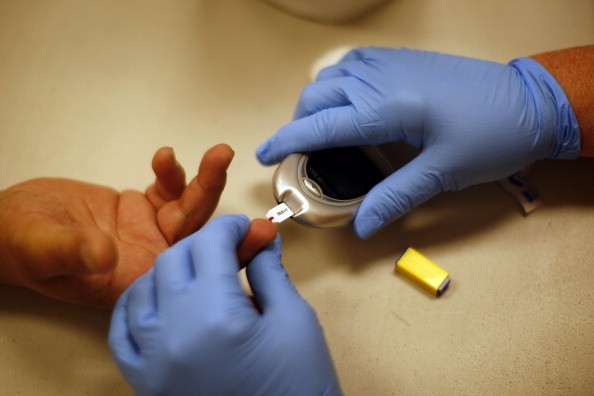
The Patient Protection and Affordable Care Act (or Obamacare) is paved with good intentions. With the ever-increasing cost of health care, it's supposed to make health more accessible by providing you with more options for affordable insurance. But there's a problem: this may not be enough especially for those who are suffering from diabetes.
Diabetes, especially type 2, is one of the leading causes of death in the world. According to the American Diabetes Association, in 2012, more than 29 million people had it, although 8 million of them were undiagnosed. Meanwhile, over 85 million around age 20 and above already had pre-diabetes.
Diabetes, which is refers to the abnormal production of insulin due to damage to beta cells of the pancreas, leads to different types of complications that include hypoglycaemia, damage to vision, heart attack, stroke, amputation, and kidney disease. There's no known cure for it, but it can be managed.
However, for those who belong to the low-income bracket, management or control of their disease may be more difficult even with the presence of Obamacare. This is because the cost of food and medicine, as well their other needs, can still take a toll on their finances.
These economic insecurities have been brought about by a study conducted by a group of researchers from Boston's Massachusetts General Hospital. They wanted to find out the relationship between economic insecurities and diabetes management and control.
For the study, they included 411 patients from various health care facilities including a specialty center and clinics in communities. Their data ranged between June 2012 and October 2013.
More than 18% of the subjects mentioned of food insecurity while almost 11% had issues with housing. Around 14% struggled paying their bills such as utilities. On the other hand, more than 45% of these patients had poor control of their disease.
The researchers then concluded that along with the provision of affordable health care, these patients should also be provided help in their material needs insecurities especially food insecurity.

